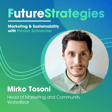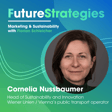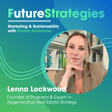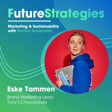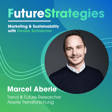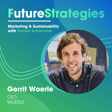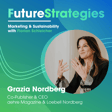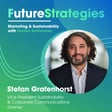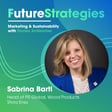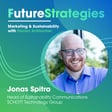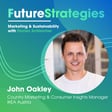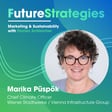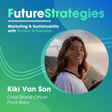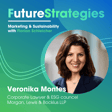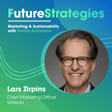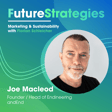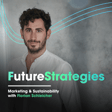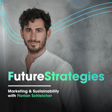
☕️ Scaling Sustainability Across a Global Coffee Empire - Carina Needham from Julius Meinl
Carina Needham is the Global Sustainability Director at Julius Meinl, one of the world’s oldest coffee roasters, founded in 1862. The brands premium coffees and teas are enjoyed in over 70 countries, reaching more than 50,000 hotels, restaurants, coffeehouses. Carina, who has been with the company for a decade, previously led the Global Marketing Department before taking on her current sustainability role. She began her career at Procter & Gamble, working in cities like Frankfurt, Geneva, and Vienna.
About the FutureStrategies podcast and your host:
I’m Florian Schleicher, a marketing strategist. I help brands gain clarity, spark momentum, and turn strategy into something that actually moves people. In 2022, I started my marketing studio FUTURESTRATEGIES. to do exactly that. I currently work with corporate clients from 11 countries.
If you want more, check out my FutureStrategies newsletter – weekly inspiration on marketing, strategy and sustainability.
And if something’s blocking your brand from doing its best work, let’s talk.
